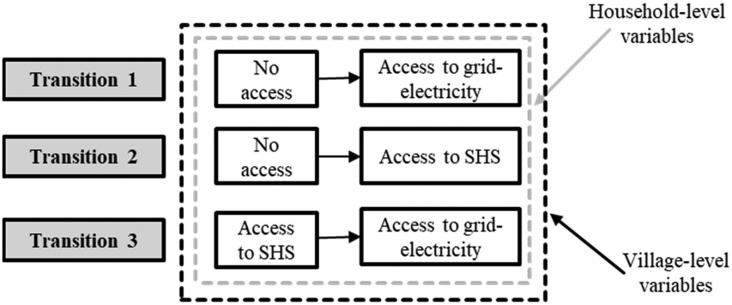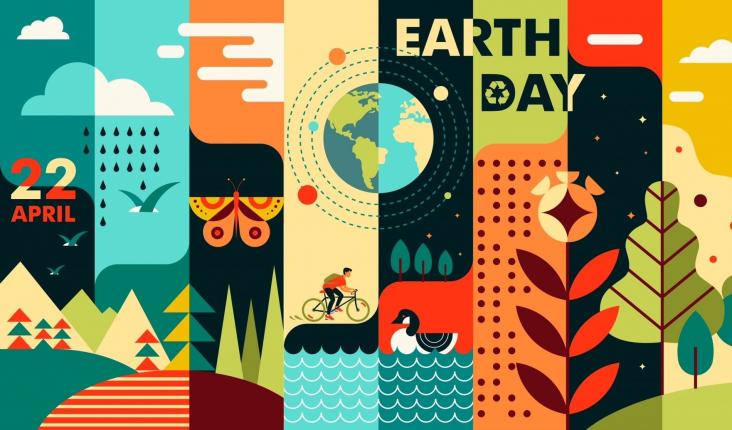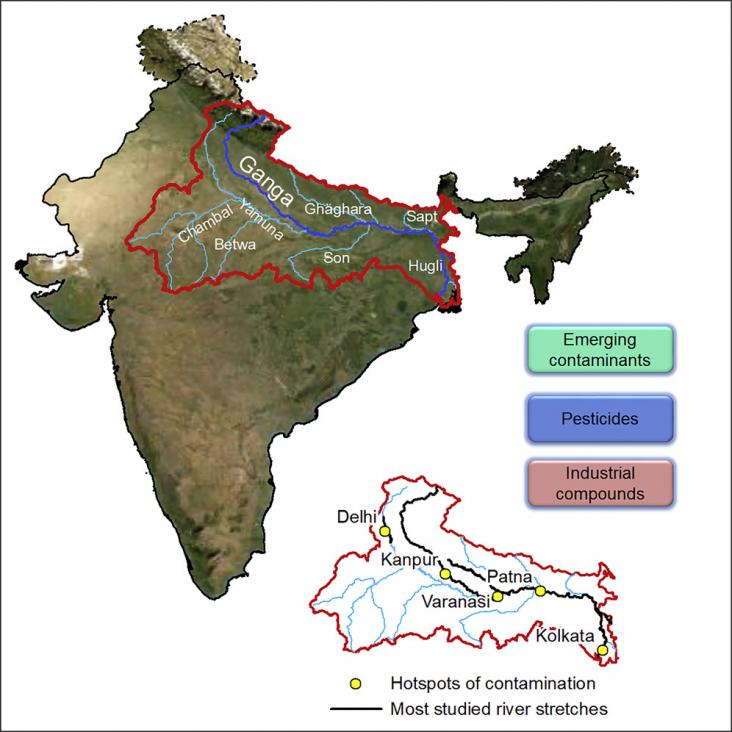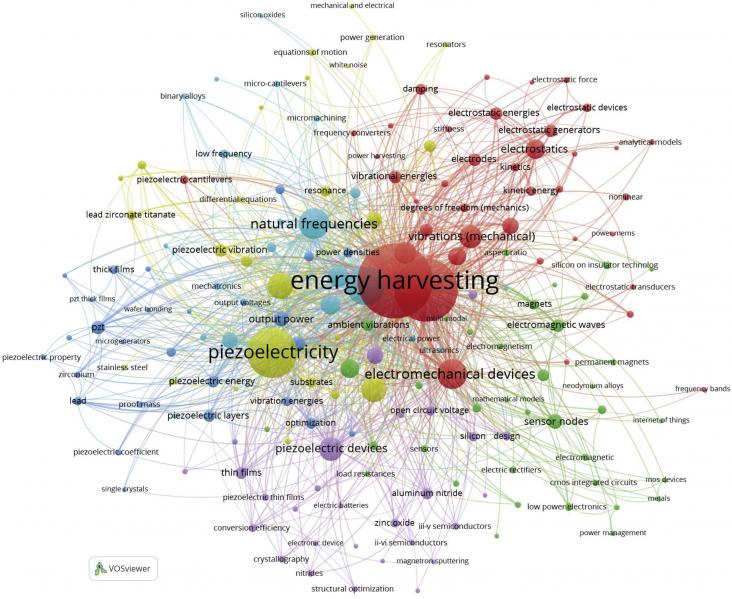

This paper presents an analysis of the path towards a clean energy transition in rural areas, from the time that households do not have electricity access from any source, to when they get access t

Kunal Singha, Subhankar Maity, Pintu Pandit, Saptarshi Maiti, Shanmugasundaram O. Lakshmanan, Chapter One - Nanotechnologies for wastewater treatment, Editor(s): Subramanian Senthilkannan Muthu, In The Textile Institute Book Series, Sustainable Technologies for Textile Wastewater Treatments, Woodhead Publishing, 2021, Pages 1-12, ISBN 9780323858298, https://doi.org/10.1016/B978-0-323-85829-8.00009-2.


